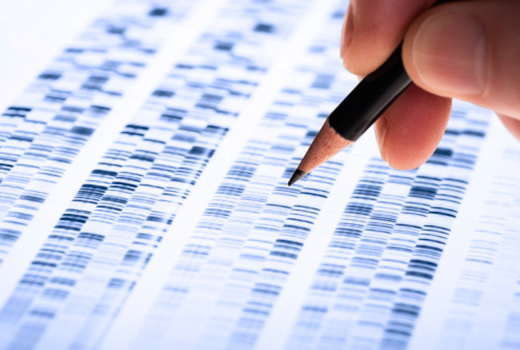Even as ethicists and faith leaders decry a Chinese scientist’s claim to have altered the genetic code of twin girls (see story here), a recently approved cancer-fighting drug illustrates that genetics-based medical research can be profoundly effective in curing some forms of cancer.
On Nov. 26, the Food and Drug Administration approved a drug that targets certain tumors based on their genetic mutation rather than on their location in the body. The field of “precision medicine” promises highly effective cancer-fighting drugs without the debilitating side effects of conventional chemotherapy and radiation.
The new drug, called Vitrakvi (also called larotrectinib), attacks solid tumors with an “NTRK gene fusion,” which typically affects 2,000 to 3,000 people each year in the United States. (Last year, another immunotherapy drug for tumors with a specific genetic signature was approved for several types of cancer, including advanced melanoma.)
Larotrectinib is owned by Loxo and Bayer, which has set an initial price of nearly $33,000 per month for the oral medication. Medical researchers hope the price for larotrectinib and future drugs in its class will be less as the cost for genome sequencing — vital to developing genetics-based medicines — comes down.
David Hyman, an oncologist at Memorial Sloan Kettering Cancer Center who led pivotal trials of larotrectinib, told the Washington Post: “There’s no way that in five to 10 years we will be taking care of patients with cancer and not trying to understand their genetic situation.”
